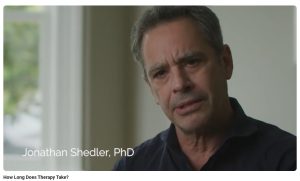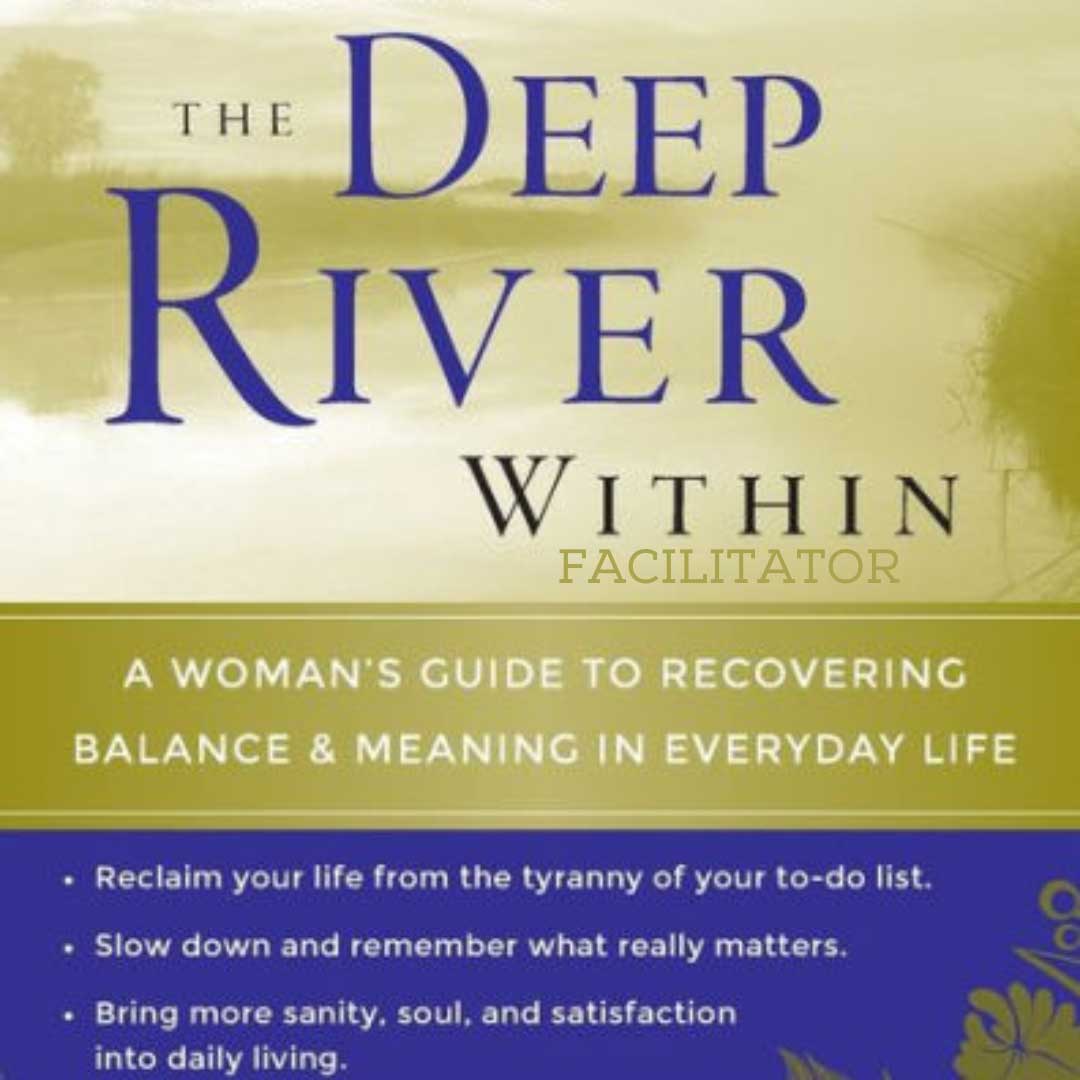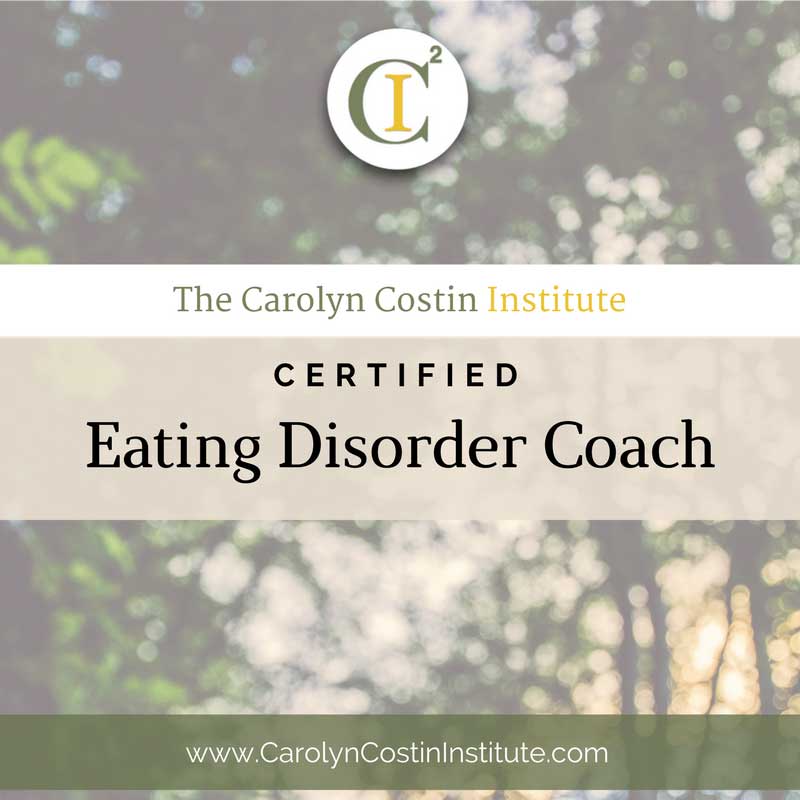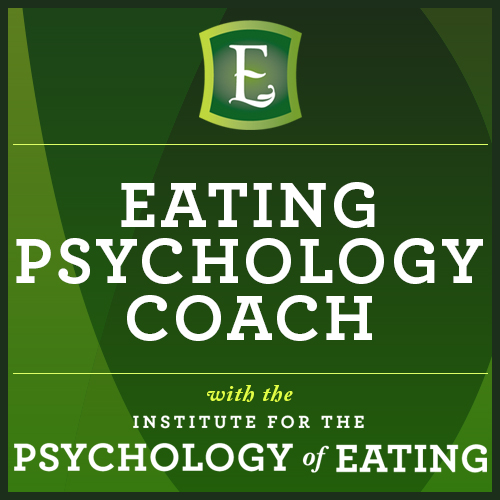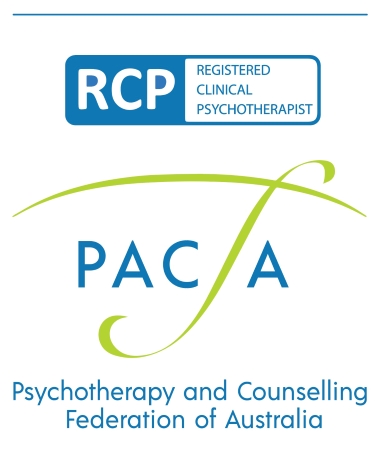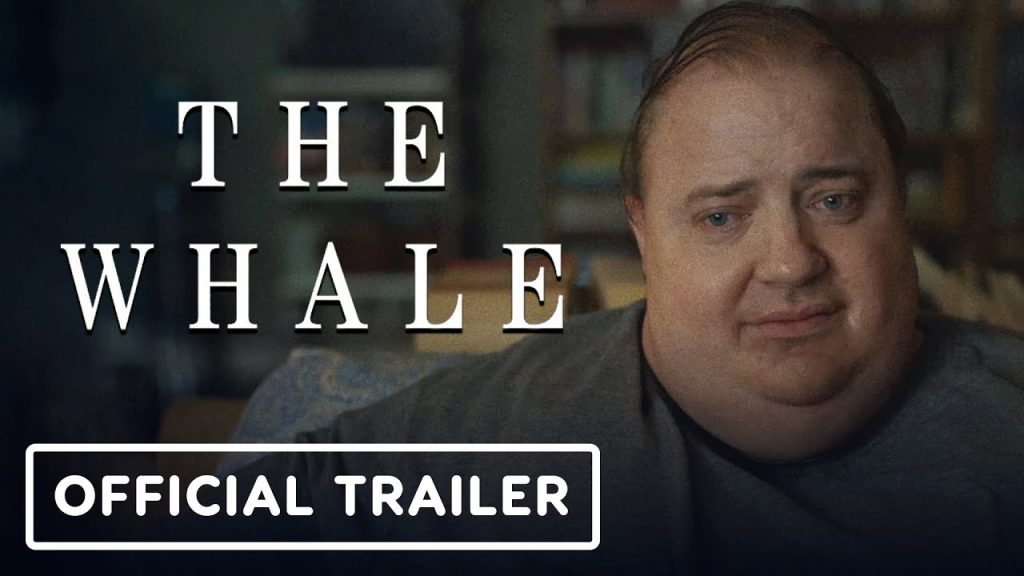
This blog is a movie review of: “The Whale” by this Jungian Life with an introduction including a Health at Every Size® perspective.
For over 20 years, I have worked with individuals suffering with disordered eating, trauma, and the trance of unworthiness, employing a soul-centered, depth psychology, and Health at Every Size® approach.
When I listened to This Jungian Life’s review of the movie “The Whale,” I identified strongly with their Jungian approach, it mirrors the way I work with disordered eating and weight concerns, and I couldn’t have reviewed it from a more soulful perspective better myself! Their analysis provides valuable insights into the complex interplay between trauma, disordered eating, and other self-neglectful, self-destructive and self-protective behaviors, depending which way one looks at it!
However, before sharing it with you, the analysts on This Jungian Life make some fat shaming faux pas – common amongst health professionals and something that often stops Health at Every Size® therapists from recommending a depth approach for weight related concerns and disordered eating.
For example, the term “obesity” in their discussion goes against the principles of Health at Every Size®. Within the HAES® framework, “obesity” is viewed as a medical label rooted in the flawed assumption that body size alone determines health. A common prescription for “obesity” is being instructed to restrict food and lose weight, which often results in weight gain, bingeing and other disordered eating behaviours (including dieting – which IS disordered eating). A HAES® perspective challenges the use of stigmatising language and encourages a shift toward a more holistic understanding of well-being that encompasses factors beyond weight.
To illustrate how a HAES® perspective can educate health professionals and provide validation to individuals in large bodies, I will return to “The Whale.”
“The Whale” elicits strong and varied responses from viewers. While some celebrate it as a cinematic achievement, others rightly express concerns about its focus on the protagonist Charlie’s weight, and the harm that this portrayal is bound to cause those viewers in large bodies.
The film serves as a stark wake-up call to the pervasive fat-shaming and stereotypes that people in large bodies experience, and how this shame becomes internalised. It prompts viewers to become aware of the detrimental impact of such stigma on individuals like Charlie, hindering them from seeking proper treatment for their physical and emotional health. By critically examining the film’s portrayal of Charlie, we can contemplate the alternative path his life might have taken if he had received treatment from a Health at Every Size® perspective, free from the burden of fat stigma and shame, which is often perpetuated by well-intentioned professionals (think about Yalom and how he missed poor Betty in The Fat Lady – I discuss this with Jungian psychotherapist Cheryl Fuller here).
And…sometimes a Health at Every Size® perspective throws the baby out with the bathwater.
It is therefore important for me to address the split that exists between depth psychology and the Health at Every Size ® approach. Healing this divide is essential for a comprehensive understanding of weight-related concerns.
By integrating the perspectives of Health at Every Size® and depth psychology, we can develop a more comprehensive understanding of disordered eating and weight-related concerns. And, by the way, it’s important to note that not everyone in a large body has ‘weight concerns,’ but some do, and I believe “The Whale” portrays a slice of someone’s life who does have these concerns. Weight-related issues are always more complex than they initially appear, and the movie effectively highlights the underlying trauma and disordered eating that Charlie struggles with.
In conjunction with society’s view of people in large bodies and Charlie’s internalisation of this view (disgust), it is imperative that we approach people in fat bodies in a non-discriminatory and non-pathologising manner. This involves challenging fat-shaming language and questioning the impact of societal norms on body image through a Health at Every Size® lens. We must also acknowledge the intricate layers of trauma and disordered eating; understanding the multifaceted nature of these struggles.
In doing so, we strive to create an environment that is inclusive, compassionate, and conducive to healing. By acknowledging that some individuals do have concerns, by acknowledging the underlying trauma, and by taking a HAES® perspective, we can develop a more holistic understanding and care of the soul in relation to these complex issues.
Without further ado, here is the the review by This Jungian Life.
“The Whale” by This Jungian Life addresses the following themes:
- The psyche redirects instincts to the imaginal world when meaningful connection is thwarted.
- In the film “The Whale,” Charlie, struggles to make contact with others.
- Unresolved relational trauma is like a shrinking room, limiting choices and projecting fear.
- Charlie’s few channels of connection are via his friend Liz and food.
- Food becomes a lifeline and comforter for Charlie due to his losses and suffering.
- Trauma survivors find secret tunnels for small moments of goodness.
- Fairy tales like The Little Match Girl depict anguished survival methods that eventually harm.
- Life tries to rescue Charlie, encounters with others forcing him out of his shrinking life and reviving hope.
- Charlie’s condemnation in a religious community affected his self-perception.
- Charlie’s disordered eating is a sign of ruined pathways to receive love.
- “The Whale” addresses a real-world problem and explores the universal endeavor to love and be loved.
Listen to This Jungian Life’s review of The Whale: a film about trauma, obesity, and the undying hope to connect.
Movie Therapy Journal Prompts for the movie, “The Whale”
- Reflect on your own lived experience or experience working with individuals suffering from disordered eating, trauma, or the trance of unworthiness. How does the soul-centered, depth psychotherapy, and Health at Every Size® approach resonate with your own therapeutic work?
- Describe your reaction to the review of the movie “The Whale” by This Jungian Life. Did you find their Jungian approach and analysis insightful? How does it align with your own perspective on disordered eating and weight concerns?
- Reflect on the parallels between Charlie’s struggle in “The Whale” and the anguished situation of the Little Match Girl. How do these narratives illuminate the ways in which you/individuals retreat into survival methods to cope with trauma and deprivation? Consider the potential long-term effects of these survival methods and the eventual need for healing and reclaiming one’s life.
- Discuss the concept of self-neglectful, self-destructive, and self-protective behaviors explored in the articles. How do you view these behaviors in the context of trauma, disordered eating, and weight-related concerns?
- Explore the impact of fat-shaming language and stigmatising labels, such as “obesity,” within the Health at Every Size® framework. How does the use of such language hinder a holistic understanding of well-being beyond weight?
- Reflect on the split that exists between depth psychology and the Health at Every Size® approach. Why is healing this divide essential for a comprehensive understanding of weight-related concerns? How can these two perspectives be integrated?
- Share your thoughts on the portrayal of Charlie’s weight in the movie “The Whale.” How does the film highlight the pervasive fat-shaming and stereotypes faced by individuals in large bodies? Discuss the potential harm caused by such portrayals and the importance of challenging fat stigma and shame.
- Imagine the alternative path Charlie’s life might have taken if he had received treatment from a Health at Every Size® perspective. How could a non-discriminatory and non-pathologising approach have impacted his physical and emotional well-being?
- Discuss the multifaceted nature of weight-related struggles, trauma, and disordered eating. How do these issues intersect and influence each other? Reflect on the intricate layers of these challenges and their impact on your/individuals’ lives.
- Explore the role of societal norms on body image and the impact of societal expectations on individuals in large bodies. How can a Health at Every Size® lens help question and challenge these norms to create a more inclusive and compassionate environment?
- Reflect on the concept of creating an environment that is inclusive, compassionate, and conducive to healing for yourself/individuals navigating weight-related challenges. How can a comprehensive understanding that acknowledges concerns, trauma, and a Health at Every Size® perspective contribute to this environment?

